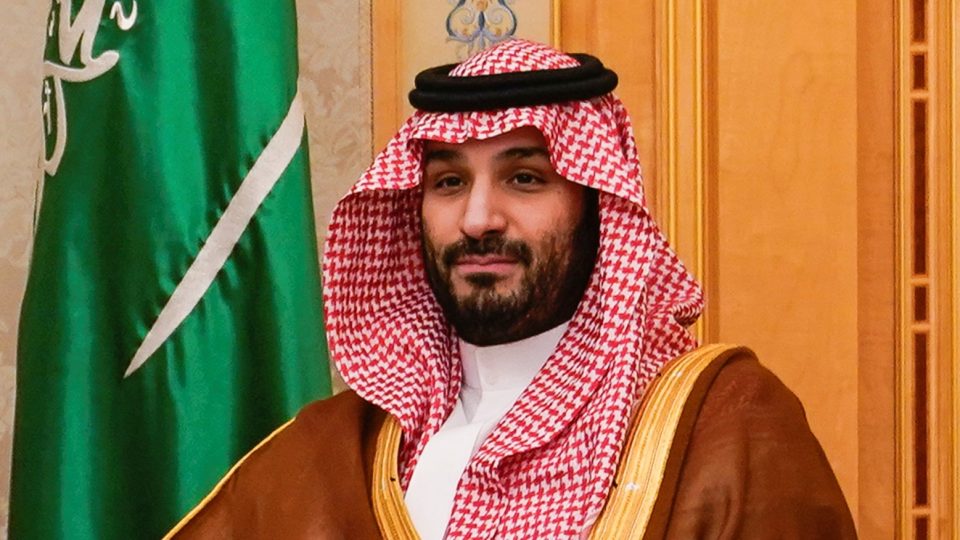Saudi Crown Prince Mohammed bin Salman has publicly condemned Israel’s actions in Gaza as “genocide,” marking one of the most severe criticisms of Israel by a Saudi official since the conflict began.
During a summit attended by Muslim and Arab leaders, the prince criticized Israeli military operations in both Gaza and Lebanon, while also addressing concerns about potential Israeli attacks on Iranian territory—a notable stance reflecting the evolving relationship between Saudi Arabia and Iran.
The de facto leader of Saudi Arabia joined other regional leaders in demanding a complete Israeli withdrawal from the West Bank and Gaza. Concurrently, Saudi Foreign Minister Prince Faisal Bin Farhan Al-Saud stated that the failure to halt the war in Gaza represented a “failing of the international community,” accusing Israel of instigating a humanitarian crisis and causing starvation in the region. He remarked, “Where the international community primarily has failed is in ending the immediate conflict and putting an end to Israel’s aggression.”
The ongoing war in Gaza was ignited by a Hamas attack on October 7, 2023, which saw hundreds of militants infiltrate southern Israel, resulting in around 1,200 deaths and 251 hostages taken. Israel’s subsequent military response aimed at dismantling Hamas has resulted in over 43,400 fatalities in Gaza, as reported by the Hamas-run health ministry. A United Nations Human Rights Office report indicated that nearly 70% of verified casualties over a six-month period in Gaza were women and children.
Summit participants also denounced what they termed Israel’s “continuous attacks” on United Nations personnel and facilities in Gaza. Recently, Israel’s Knesset passed legislation prohibiting the UN Palestinian refugee agency, UNRWA, from operating within Israel and occupied East Jerusalem, leading to concerns raised by the US and UK regarding the agency’s ability to provide essential aid to Gaza.
Amid the robust discussions at the summit, there is speculation about Donald Trump’s potential return to the White House. Gulf leaders are mindful of his close ties with Israel but also maintain positive relations with him, hoping he will leverage his influence to help resolve regional conflicts. In Saudi Arabia, Trump is viewed more favorably than President Joe Biden, despite a mixed record in the Middle East.
In contrast to Biden’s approach, Trump’s decisions—such as recognizing Jerusalem as Israel’s capital and the annexation of the Golan Heights—have caused discontent among the Muslim community. However, he also facilitated the Abraham Accords in 2020, leading to full diplomatic relations between Israel and the UAE, Bahrain, and Morocco, with Sudan expressing intentions to follow suit.
Today, a leading Saudi newspaper featured an editorial titled, “A New Era of Hope: Trump’s Return and the Promise of Stability,” reflecting optimism regarding potential changes in the geopolitical landscape.




